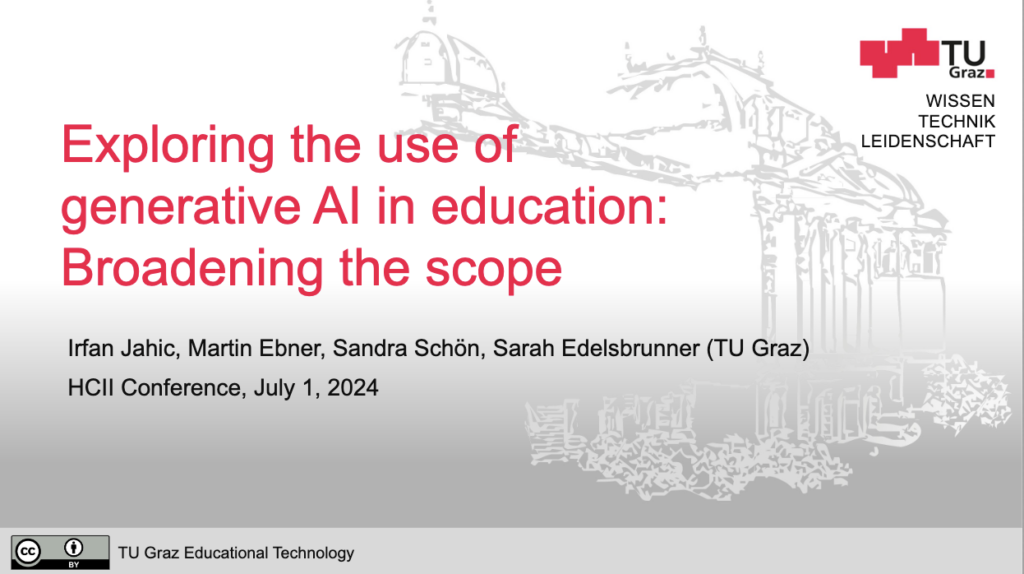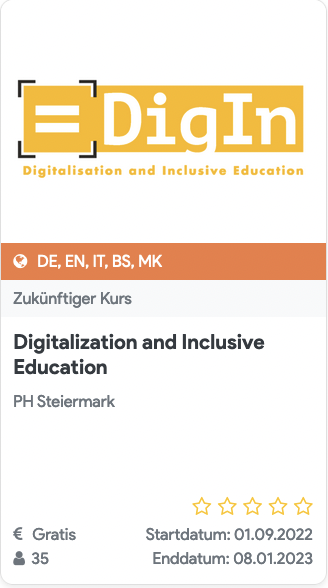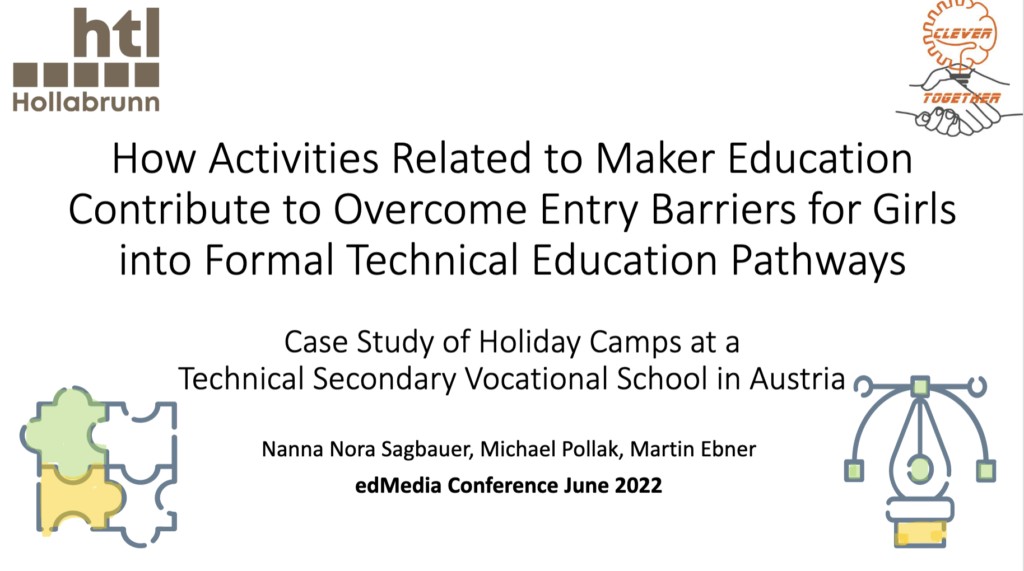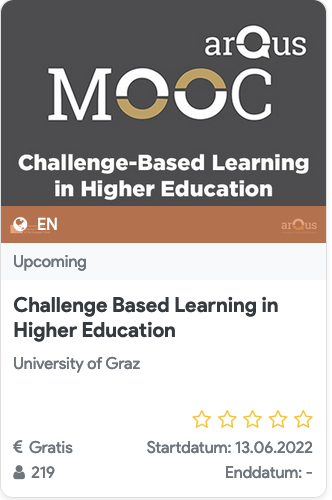Our publication „Exploring the Use of Generative AI in Education: Broadening the Scope“ was published in the Lecture Notes in Computer Science.
Abstract:
Artificial Intelligence (AI) already plays a significant role in education and society altogether. With the rapid and largely impactful development in the field of generative AI, we must consider the potential changes and shifts of the new normal. Generative models like ChatGPT, Google Bard, Bing Chat, DALL-E, and many others, are proving to be powerful allies and assistants in practically every branch and aspect of life. Given their proficiency in language and their technical capabilities, we must acknowledge their significance and ensure they are not overlooked. In this work, we focus on their impact on education and what is the feedback from the educational community. We want to determine exactly how generative AI is used and how it can be used in education. Our goal is to review more, and new papers, to classify the papers based on the subject the paper has covered, the type of the study, the educational level it concerns, and how is generative AI generally perceived. After the analysis, we conclude that it is perceived as generally positive, with most papers focusing on higher education, and STEM subjects while mostly using qualitative research methods.
[article @ publisher’s homepage]
[draft @ ResearchGate]
Reference: Jahić, I., Ebner, M., Schön, S., Edelsbrunner, S. (2024). Exploring the Use of Generative AI in Education: Broadening the Scope. In: Zaphiris, P., Ioannou, A. (eds) Learning and Collaboration Technologies. HCII 2024. Lecture Notes in Computer Science, vol 14724. Springer, Cham. https://doi.org/10.1007/978-3-031-61691-4_19






